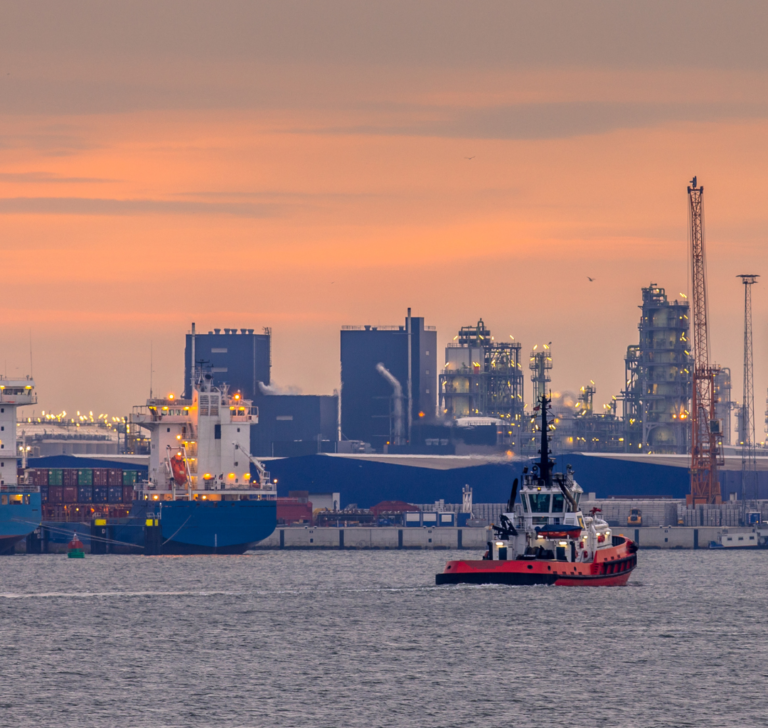Militant attacks in the Red Sea and rising freight costs are pushing the global oil market towards becoming more localized.
Militant attacks in the Red Sea and rising freight costs are pushing the global oil market towards becoming more localized, favoring sourcing supplies from nearby locations to avoid high fees. The disruption of oil traffic through the Suez Canal has led to a division in the commercial region, with purchasing trends indicating a growing disconnection.
Global powers are adjusting their trade strategies, evident in the preference of some European refineries to acquire shipments from the North Sea and Guiana. In Asia, the demand for Abu Dhabi’s Murban crude is driving spot prices, while crude shipments from the U.S. to Asia have significantly decreased.
Although this diversification is expected to be temporary, it affects oil supply sources for import-dependent nations like India and South Korea, limiting refineries’ adaptability to market fluctuations. Viktor Katona, chief crude analyst at Kpler, emphasizes the need to strike a balance between ensuring supply security and maximizing profits.

Data from Kpler, reported by Transport Topics, shows a significant decrease in tanker traffic through the Suez Canal last month, especially for liquefied petroleum gas and liquefied natural gas, with declines of 65% and 73%, respectively. This impacts the flow of petroleum products between India, the Middle East, Europe, and Asia.
Suezmax tanker rates transporting Middle East crude to Europe have increased, contributing to a 6% rise in Brent crude prices. Simultaneously, the delivery cost of oil to Asia from the U.S. has risen by over $2 per barrel in January, encouraging the use of local transportation to avoid escalating fees.
Despite the situation in the Red Sea, a long-term reshuffling of oil flows is not expected. However, the recent Houthi attack on a tanker carrying Russian fuel increases the risk of further disruptions. The Houthis pledge to respond to U.S. and UK-led airstrikes, raising concerns in the oil trade. Current geopolitics create a challenging environment for refineries, particularly in Asia, which need to be more flexible, according to Adi Imsirovic of Surrey Clean Energy.

The story of the first car race in Paris: a historic hit in 1894
Paris stands not only as a cultural and artistic epicenter but also as a pioneer in car racing In the history of automotive racing, Paris

Top states for driving in the United States in 2024
A WalletHub study compared all 50 states to determine the best driving conditions Road safety and quality are central concerns for drivers. And while the

Briefs: marijuana reclassification, vehicle fees, and climate grants
The trucking industry goes through new legislation, taxes and subsidies Questions about the proposed reclassification of marijuana The Owner-Operator Independent Drivers Association (OOIDA) supports the

Impact of traffic pollution: study reveals increase in blood pressure
A study from the University of Washington in Seattle reveals that the main cause of significant increases in blood pressure might be traffic-related gasses A

The benefits and careers of a Commercial Driver’s License
Having a CDL opens multiple doors within the trucking and transportation industry Having a Commercial Driver’s License (CDL) opens multiple doors within the trucking industry,

Sharing the road with a truck: steps to ensure your safety
Caution around blind spots and anticipating truck maneuvers are essential to ensuring everyone’s safety Truck drivers face significant challenges on the road due to their
